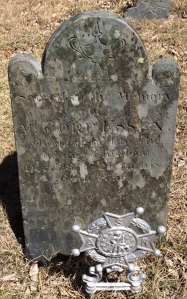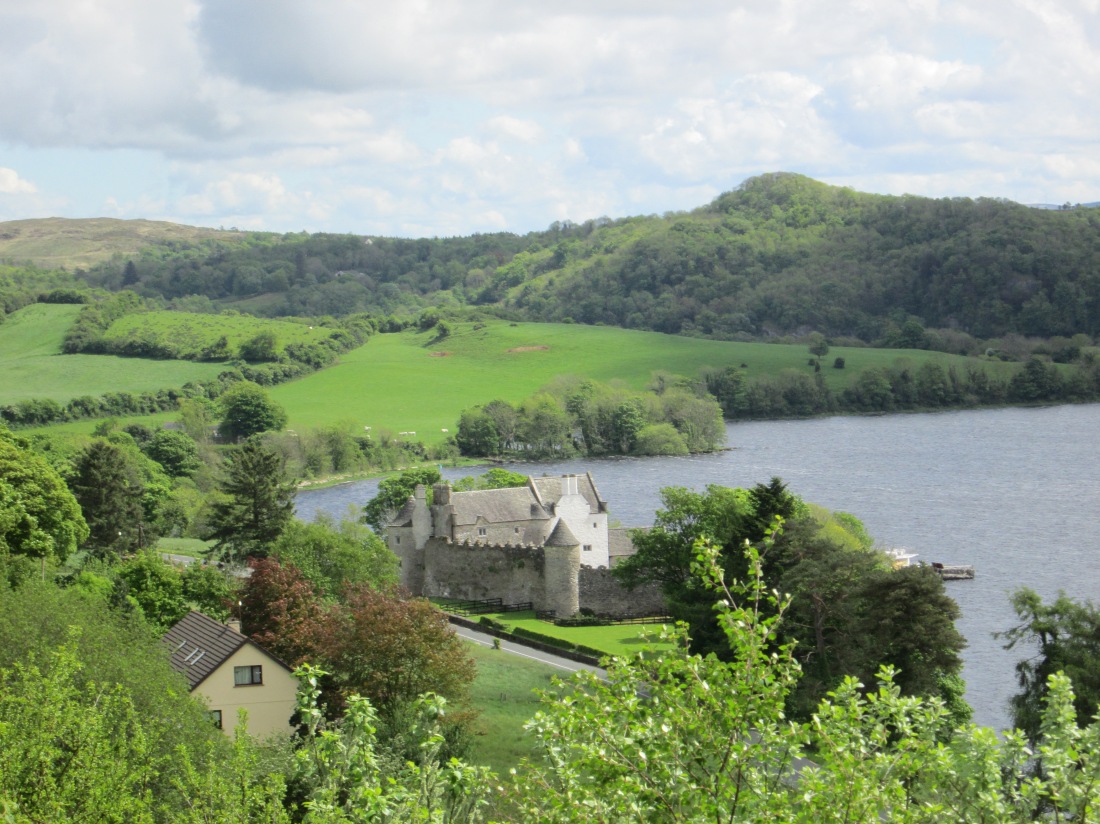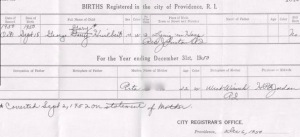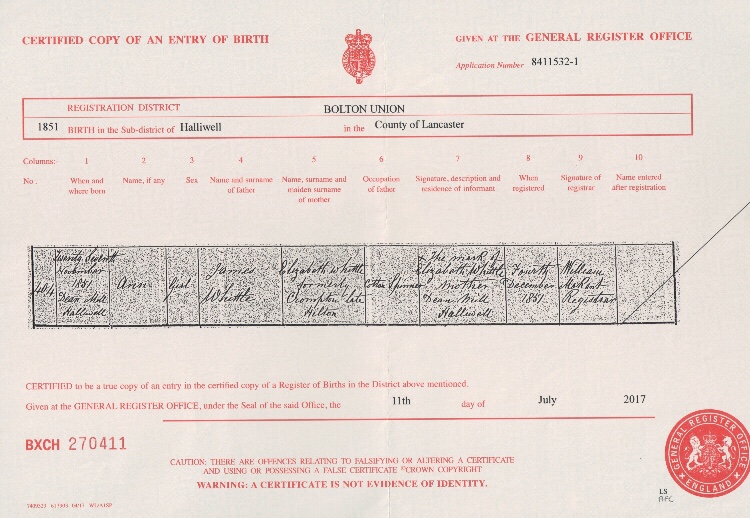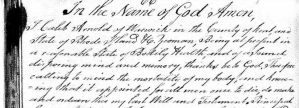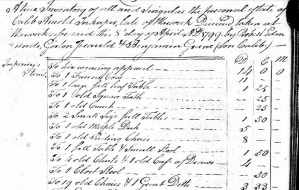This week’s prompt is ‘The Old Homestead’. When I hear this phrase, I think of a large, sprawling farmhouse that has housed many generations. Naturally, it doesn’t need to be a farmhouse; that’s just what I picture. I have deep roots in Colonial New England, so I’m sure there’s an old homestead somewhere in my family tree, but I’m not aware of one. I’ve chosen to write about the home of my paternal grandparents.
The three bedroom colonial located in West Warwick, Rhode Island was purchased by my grandmother, Hazel Ellen Hawkins (née Brayton) in 1944. Hazel was born 30 March 1916 in Hope, Rhode Island. She was one of eight children. Her father was a farmer, and her mother was a homemaker. As a child, she took piano lessons and began playing at her church, Fiskeville Tabernacle Baptist, at a young age.
She married my grandfather, Goff Earl Hawkins, on 23 July, 1938. When they were first married, they rented an apartment from Hazel’s spinster aunt for $16 per month. My grandmother was determined to rise above her humble farm girl beginnings, and wasn’t afraid to work hard to achieve her goals. During the war, she was a substitute mail carrier. She saved as much as she could, and when she learned of a house for sale nearby, she had enough for the down payment.
She had already written to my grandfather, who having been drafted in 1943, was serving in the Army. She told him that she wanted to buy a house if something suitable became available. He trusted her judgment and gave his blessing. She was thrilled when she first saw the house. She had always wanted 2 children, a girl and a boy, and with 3 bedrooms, the house suited her plans. With her husband still serving overseas, she took out a mortgage and bought their home. The mortgage payment was $34 per month, and she paid it in person each month. When Goff was discharged from the Army, he returned to a new home. The day after he got home, he wanted to visit his mother. He tried to leave by the back door, but had a little trouble. There were seven doors in the kitchen. One to the laundry room, the second led to the bathroom, the third to the pantry, the fourth door led to the dining room, the fifth led to the cellar, the sixth to the front hall, and the final door led to the back door. My grandparents told this story again and again. Every new visitor heard about poor Goff trying door after door.

The two extra bedrooms were soon occupied by their two children. Daughter Judy and my father, Duane. Judy’s bedroom was papered with a floral print, and my father’s room had cowboy wallpaper. Judy married in the house in 1968, and prior to the big event, the house was remodeled. Green carpeting was laid down throughout the house – even the kitchen. New furniture was purchased, including a gold, vinyl sofa.
My grandmother wanted a good life for her family, and unlike most women of her generation, she worked. When the children were young, she gave organ lessons in their home. While this enabled her to be home with her children, she wasn’t really present. The children would have to be very quiet and were not allowed in the living room during lesson time. I imagine for young children, being so quiet after being cooped up at school all day must have been a bit of a challenge! She took full advantage of the convenience foods that were appearing on store shelves. Canned beans, Spam, frozen dinners, and even boxed cake mixes were served in the Hawkins household. When the kids were in high school, Hazel began selling Princess House china door-to-door in addition to the organ lessons. I’m pretty sure that anyone who ever met my grandmother heard about how she carried heavy sample cases up 3 flights of stairs while going through ‘the change’. She also earned money playing the organ for funerals at her local funeral home. She was never idle.
After my parents divorced when I was 3, I began spending weekends with my grandparents. I slept in what had been my father’s room – still with the cowboy wallpaper. That house was home to me as much as the house I grew up in with my mother and stepfather. When I was young, my grandmother was still giving lessons. If she had a late lesson on a Friday, I remember having to be very quiet until the lesson was over. I still remember one of her Friday night students. Her name was Kelly and she was in high school at the time. She had a boyfriend who drove a car and she wore roll-on lip gloss – so glamorous!
My father and aunt were both married 3 times, and each moved back home for a while when they were between spouses. My aunt was living there when she married her third husband and then relocated out of state. I was renting and not happy with the place, so I moved in to help take care of my grandparents who were now in their late 80’s. I am so grateful for my time living there. Having the chance to spend so much time with my grandparents in their final years was such an incredible gift.
My grandfather passed away in 2007, and my grandmother in 2009. My father lived in the house until he passed in 2011. While living there, he made some updates, but not much about the house changed. After my father passed, I made the decision to sell the house. When the house went on the market, it still had the green carpet in the living room as well as the gold vinyl sofa. A few years ago, I saw the house was for sale. The owners had done so much remodeling, I hardly recognized it as the house I had spent most of my life in. I attended the open house, and could not believe the changes! I can only imagine what my grandparents would have thought.
While the house may not technically be an ‘old homestead’, it was owned by three generations of my family, so it’ll have to do! Next week will be the first of the April prompts, The Maiden Aunt.



